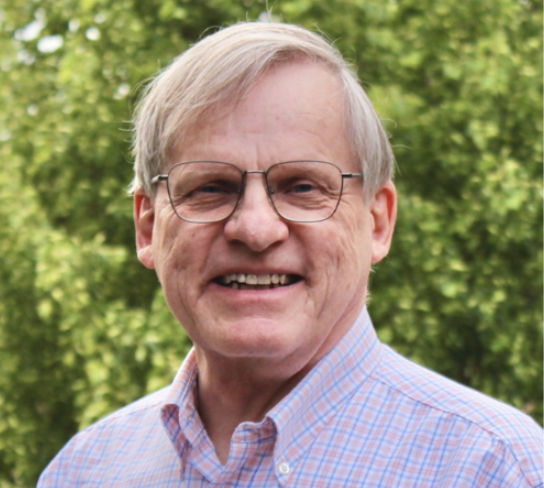UW-Whitewater
Professor Emeritus of Music 
Wisconsin Teaching Scholar, 2003-2004
I taught at UW-Whitewater (Music) 1991-2019, following nine years at another institution. I was a Wisconsin Teaching Scholar in 2003-04.
I wish I could point to things specific and concrete about my WTFS experience, but they hardly come to mind. I remember everything about these experiences as refreshing and recharging—like a teaching-related mini-sabbatical. I got to know non-Music UW-W colleagues better, and to meet those from other UW campuses—not that that led to long-term friendships or exchanges.
What always hovered above my WTFS/SoTL experience was something I still think fresh, outsider’s eyes would consider to be an oddity of public education: for those headed to teaching K-12, a whole lot of their undergraduate coursework is “How to Teach” content (true of “my” UW-W Music Education majors) whether taught by my home department or by the College of Education. BUT, for college teachers (whatever the discipline), it’s expected that their training has been rigorously about content, and that “the teaching will take care of itself.”
I felt lucky to have been a college teacher with an undergrad Music Education degree, plus some pedagogy coursework in grad school, but a big revelation of getting into college teaching was realizing that most campus colleagues have no teaching-training (effective lecturing, classroom management, test creation, grading standards, learning psychology, etc.). Perhaps 2/3 of my UW-W students were Music Education majors; when I heard them complaining about all their “teaching” courses (again, some taught by Music faculty, some by College of Education), I explained that most of their profs had little or no such training. They were always surprised.
At UW-W/Music an interview with a job candidate always included sample classroom teaching—or teaching a piano lesson or leading a choir rehearsal, as appropriate—but I was also surprised to learn that some UW-W departments gave teaching little or no priority in their interviews: nothing at all, or perhaps a straight lecture followed by “any questions”? etc.
When I talked about this incongruity with other WTFS/SoTL participants, the conversation was always cordial, but they all acknowledged it, and the rookies to teaching confessed to having often felt inept, with presumption being “if you’ve been a college student, and know your content, you’ll know how to be a college teacher.”
Postscript: For many years at UW-W, I participated in a mentoring program (I can’t remember its official title), which was purely voluntary for all concerned. Newer faculty on campus were paired with an experienced teacher (not in their discipline) to observe and discuss their teaching, candidly answer their questions, etc. I have many fine memories of that experience. I suppose the best evidence of my “feeling effective” was kind comments from these younger colleagues and the “so-and-so recommended I ask for you” later participants. I hope the program continues!
Biography:
Ohio native George Ferencz taught music theory at UW-Whitewater 1991-2019 after beginning his college teaching career at Idaho State University. His undergraduate Music Education degree proved to be useful preparation, with so many of his UW-W students being future teachers themselves. His longtime research specialty is American composer-arranger Robert Russell Bennett (1894-1981), and in retirement Ferencz completed his 2023 book (University of Rochester Press) about NBC-TV’s 1950s WWII documentary series Victory at Sea.
